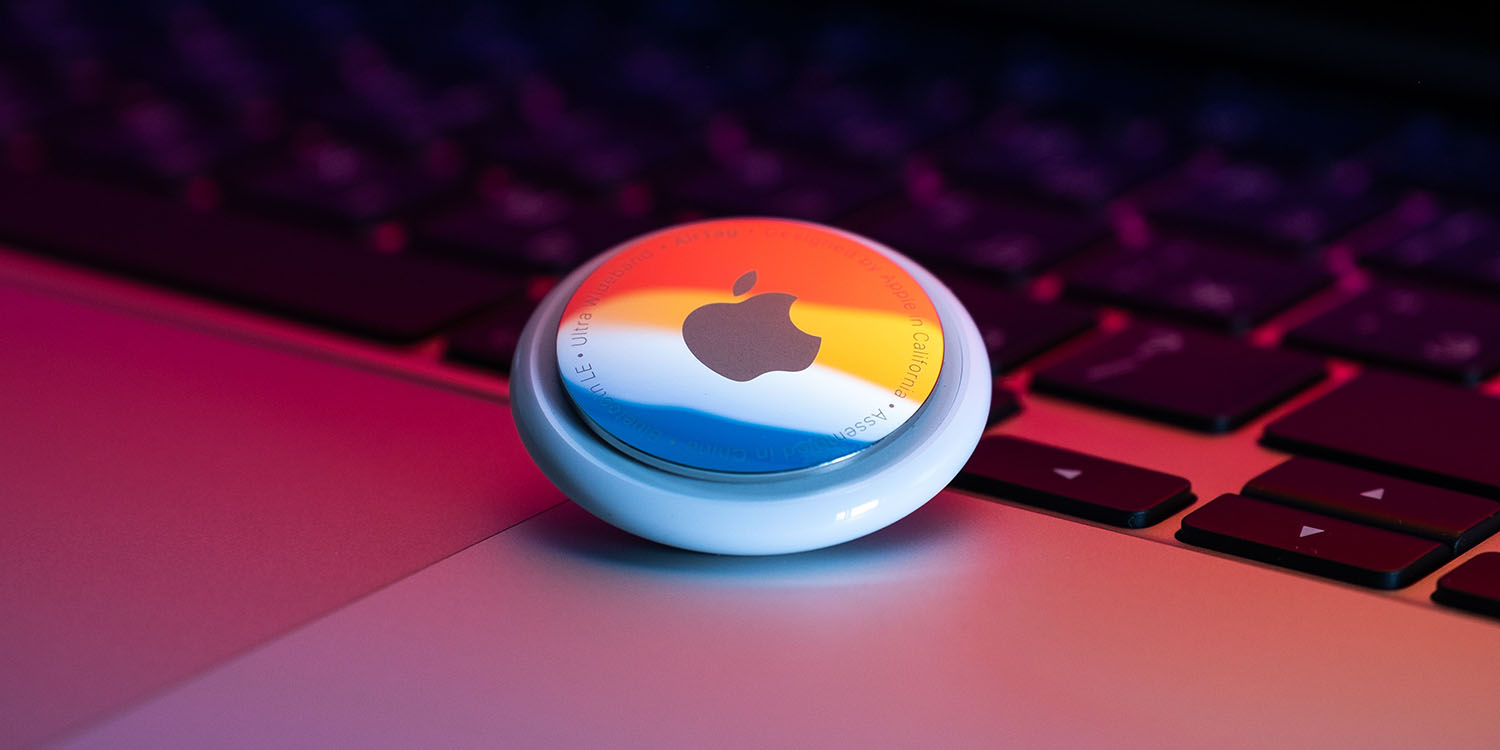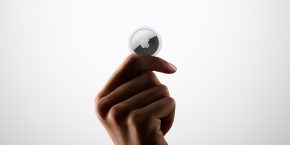
Apple’s AirTag item trackers have apparently caught the attention of the United States Drug Enforcement Agency. According to a new report from Forbes, the DEA recently used an AirTag to track the movements of a pill press machine, after it was intercepted by border agents.
According to the report, which is based on a search warrant obtained by Forbes, the pill press machine was inside one of two packages from Shanghai, China that border agents intercepted last May. Those border agents called in the DEA, believing the packages were “destined for an illegal narcotics manufacturer.”
Can AirTag be used for DEA surveillance? It’s unlikely
Instead of canceling the shipment or visiting the intended recipient, the DEA “tried something they’d never been known to try before.” According to the warrant, agents “hid an Apple AirTag inside the pill press so they could track its movements.”
The search warrant doesn’t offer additional details on why the DEA chose to use an AirTag in this situation, as opposed to other GPS trackers on the market. Instead, DEA agents wrote that this would give “precise location information” to “allow investigators to obtain evidence about where such individuals store drugs and/or drug proceeds, where they obtain controlled substances, and where else they distribute them.”
One retired detective with which Forbes spoke said the decision to use an AirTag could have been driven by “failures in the kinds of GPS devices currently available to police.”
Brady Wilkins, a recently retired detective in Arizona with the attorney general’s office, said the DEA may have been testing the AirTag out due to failures in the kinds of GPS devices currently available to police, which “sometimes worked, sometimes didn’t.” An AirTag “can be hidden easier and is less likely to be found by suspects,” Wilkins told Forbes. “Suspects are getting better at countersurveillance techniques,” he added, and often uncovered heftier, more noticeable devices than the Apple tech. AirTags also appear to have more reliable connectivity than other devices.
This was in May of last year. Just three months before that, Apple had announced a number of changes for AirTag focused on improving privacy and tackling stalking concerns. Some of those features had not launched by May, but have since rolled out and would likely foil any attempts by law enforcement to use AirTag for things like this.
For example, Apple says that an AirTag will emit a sound after it has been separated from its owner at a random time within an interval of eight hours and 24 hours. This pretty much means that AirTags can’t be effectively be used for any sort of hidden location tracking, as the DEA attempted.
In fact, it’s unknown just how effective the AirTag was in this specific circumstance, though the person was charged by the state:
The warrant gave the agency permission to monitor the tracking device for 45 days both within the District of Massachusetts, where the parcel was due to be delivered, and across any other state in the U.S. According to court records the intended recipient of the pill press was not charged in federal court. The DOJ, however, confirmed that he had been charged by the state.
Whether or not the DEA, or any other law enforcement agency, has tried to use an AirTag for any other similar investigations is unclear.
Follow Chance: Twitter, Instagram, and Mastodon
FTC: We use income earning auto affiliate links. More.


Comments